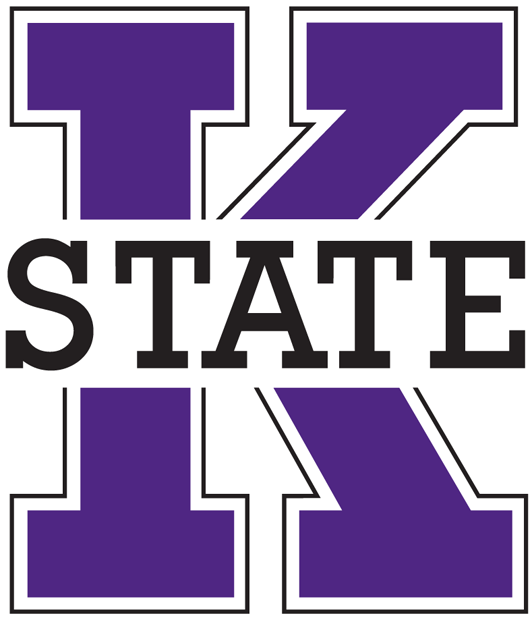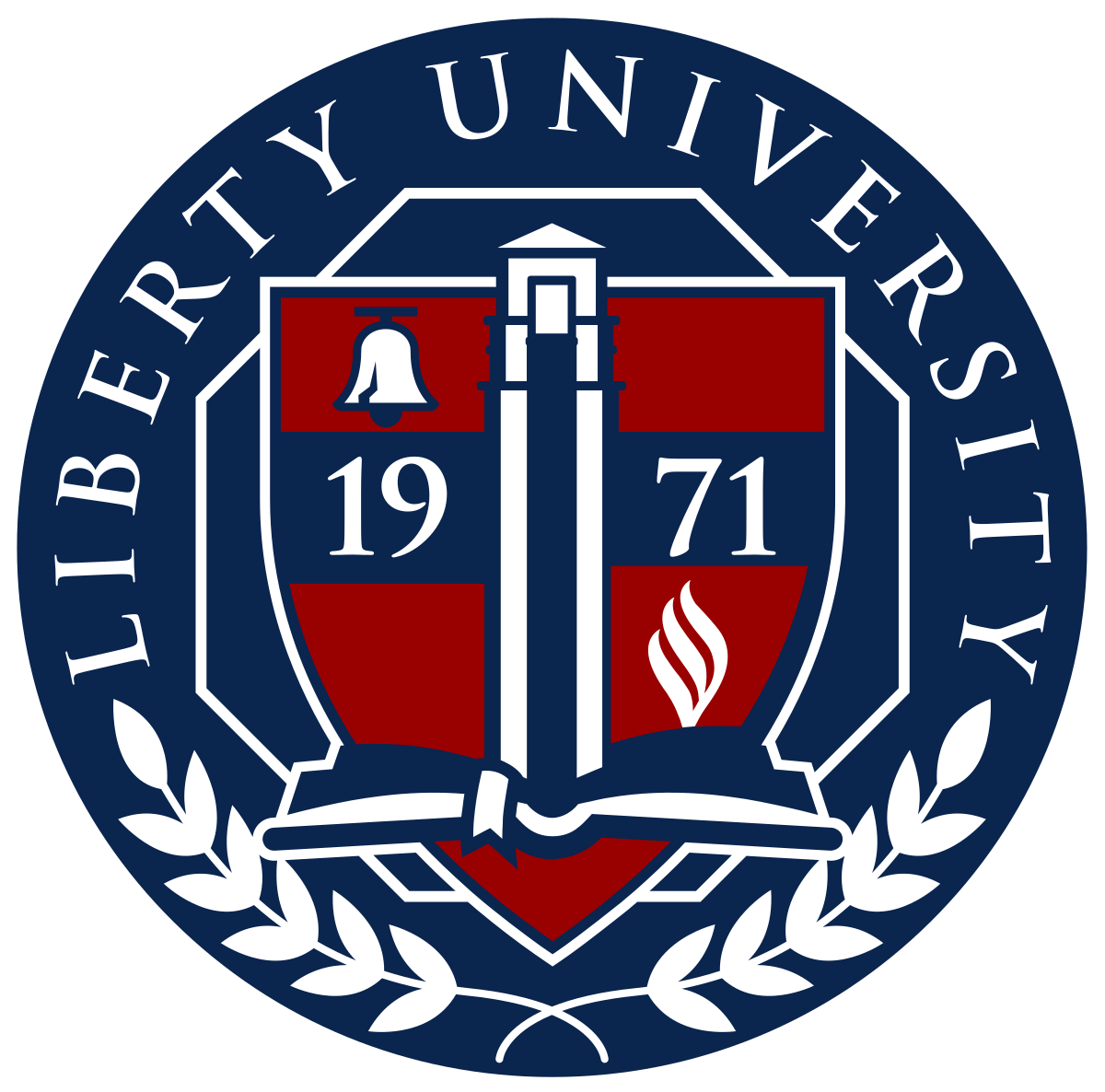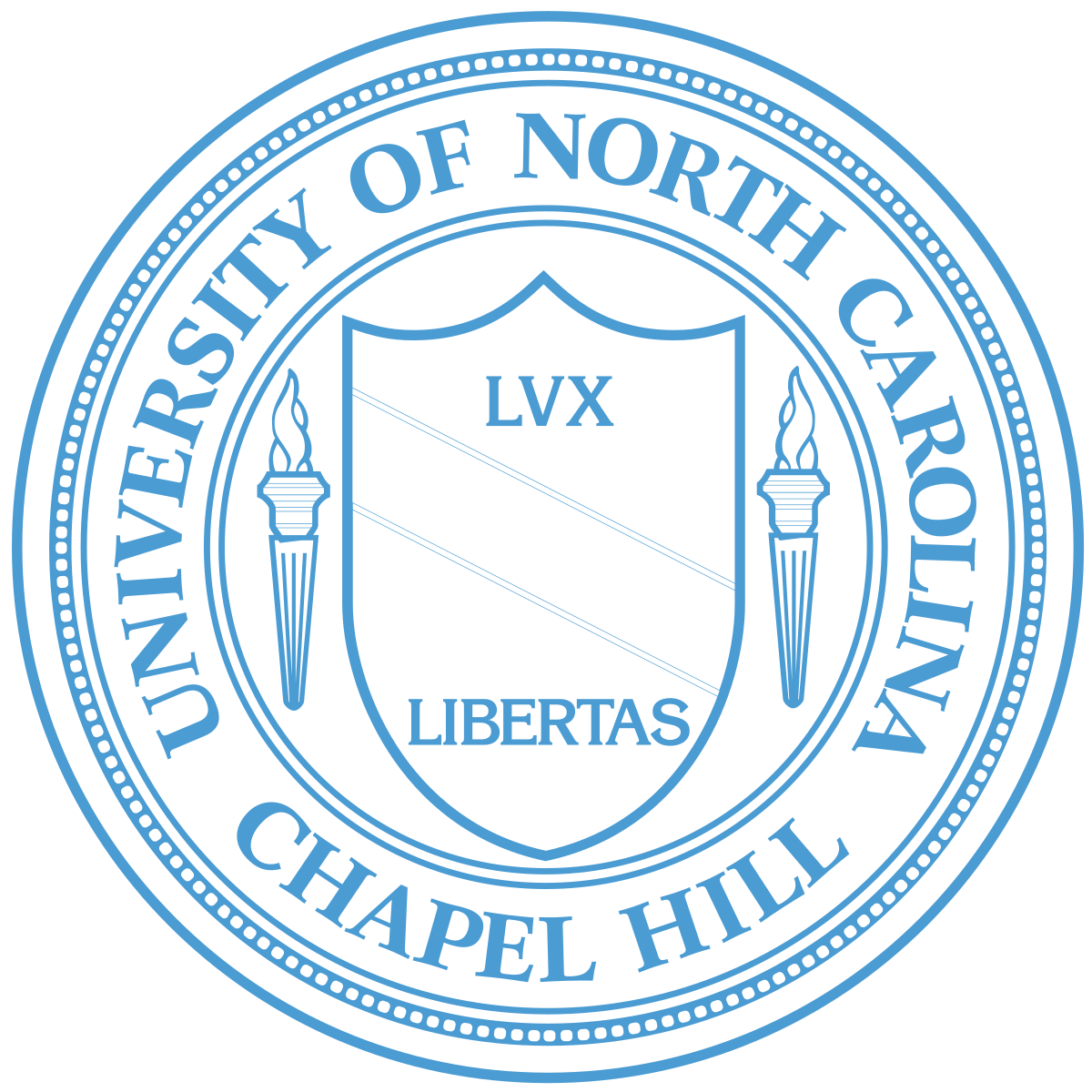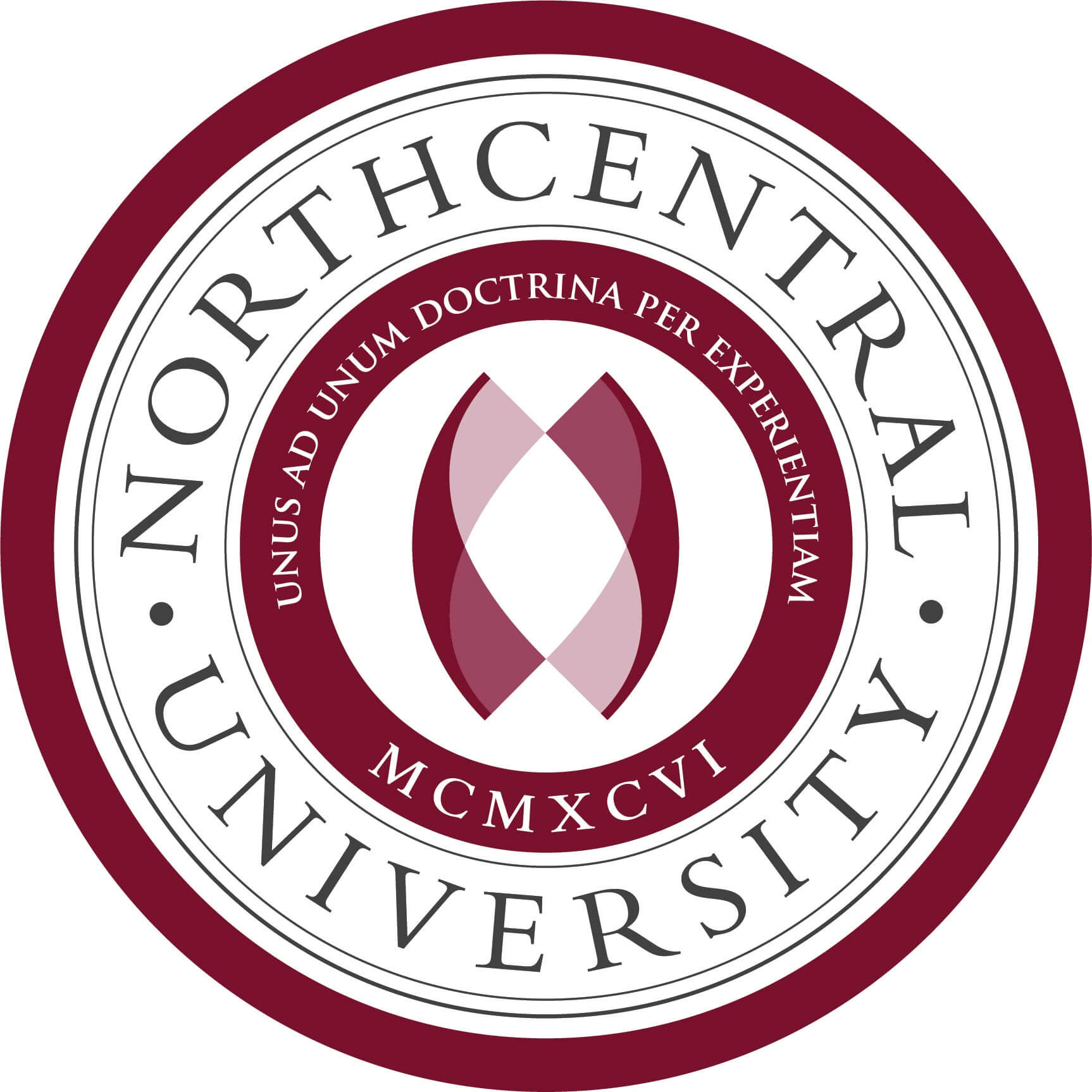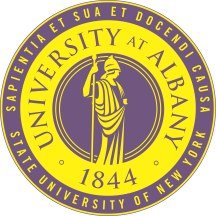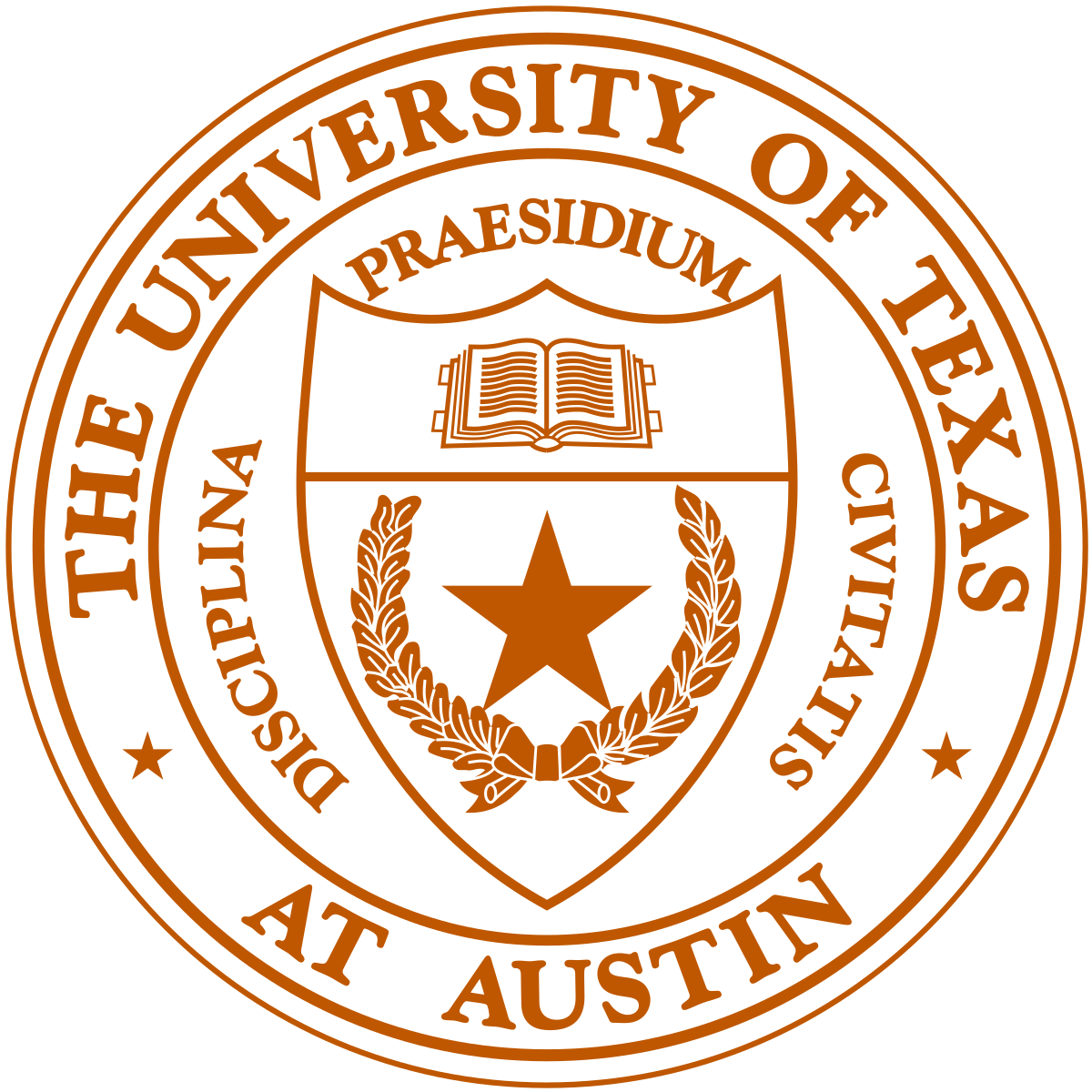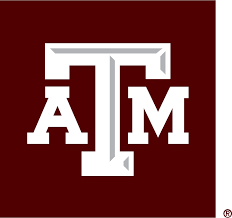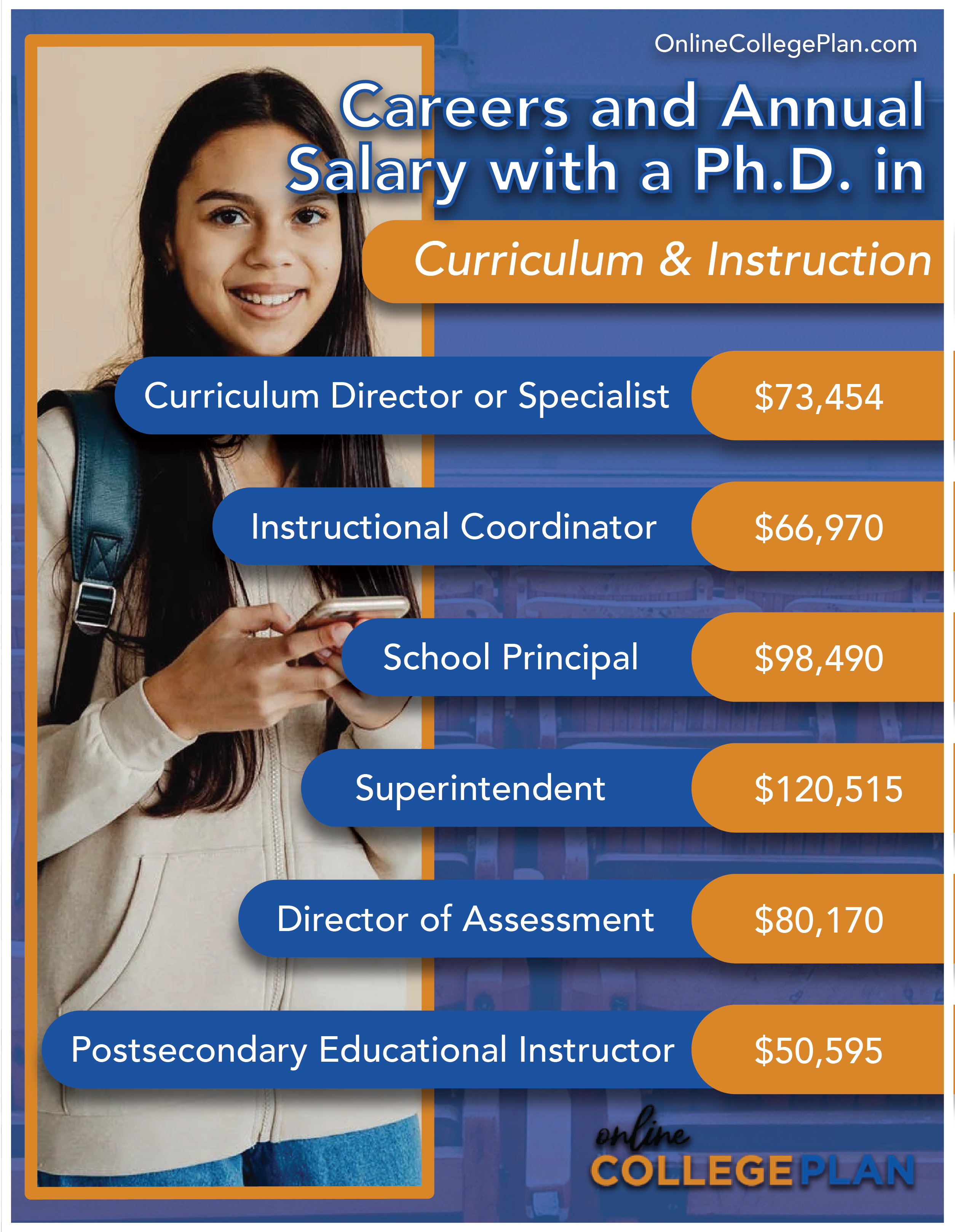Find your degree
One of the best online Ph.D.s in Curriculum and Instruction can equip you with the tools to transform teaching and learning.
Students who want to pursue a doctorate in curriculum and instruction online have plenty of choices. This rapidly-growing subfield of education focuses on transforming the landscape of education by improving teaching best practices and curriculum design. Professionals and leaders in curriculum and instruction are vital to the future of education.
In an increasingly digital world, cutting-edge technologies are supporting and enhancing many areas of contemporary life, and education is no exception. Instructional technologies support students through a variety of obstacles to learning, including distance and disabilities. These technologies are just one of the contemporary areas of teaching and learning you may explore in a doctoral curriculum and instruction program. In fact, instructional technologies are what make the following 30 best online Ph.D.’s in curriculum and instruction possible.
Students at the doctorate level can choose to pursue either a Ph.D. or an Ed.D. While very similar, those who select an Ed.D usually work within school systems as curriculum designers, principals, and superintendents. Meanwhile, students who pursue a Ph.D. in curriculum and instruction can often be found working in academia and research positions.
What Can I Expect From an Online Curriculum and Instruction Doctoral Program?
The following doctoral programs are delivered partially or entirely through the use of online learning technologies. Online courses may be offered synchronously in live virtual class meetings through technologies such as audio and video conferencing. Asynchronous online courses involve recorded and/or posted course materials that students can access at any time. Some of the programs listed include on-campus residencies or in-person practical components.
Methodology
The ranking system we’ve used to create this list is based on various factors, such as the total cost for the program, how many applicants get admitted, and the student-to-faculty ratio. This information comes from the institutions themselves, the National Center for Education Statistics College Navigator, US News and World Report, and other sources.
Each part of the criteria represents several points, and we have listed them in descending order, with the number one school at the bottom of the list. If there was a tie between schools, we gave higher placement to the college with lower total tuition fees.
With the criteria that we’re using, here’s how we’ve calculated those points:
Acceptance Rate
More than 50% of applicants accepted – 3 points
25% to 50% of applicants accepted – 2 points
Less than 25% of applicants accepted – 1 point
Total Tuition
Less than $15,000– 3 points
$15,001 to $20,000– 2 points
Over $20,001– 1 point
Student to Faculty Ratio
10 to 1 or less – 3 points
11 to 15 to 1 – 2 points
16 or more to 1 – 1 points
Please note that the listed tuition is based on the total cost for a specific program and may vary depending on whether you are a resident, non-resident, or an online student. You may be able to apply previously earned credits toward your degree, depending on the school or program. Each student’s situation may differ. For exact amounts, contact the school directly.
Top 30 Schools for a PH.D. In Curriculum and Instruction
| School | Total Program Cost | Acceptance Rate | Student-Faculty ratio | Points |
| Nova Southeastern University | $80,300 | 93% | 17:1 | 5 |
| Central Michigan University | $49,014 | 69.51% | 18:1 | 5 |
| George Fox University | $48,944 | 91% | 16:1 | 5 |
| Regent University | $47,275 | 90.9% | 19:1 | 5 |
| Kansas State University | $45,954 | 95% | 18:1 | 5 |
| University of South Carolina | $37,333 | 68% | 18:1 | 5 |
| Liberty University | $35,100 | 51.1% | 17:1 | 5 |
| Southern Wesleyan University | $33,915 | 35% | 14:1 | 5 |
| Winona State University | $25,591 | 75% | 19:1 | 5 |
| University of West Florida | $24,228 | 60% | 21:1 | 5 |
| University of North Carolina | $22,588 | 24.2% | 3:1 | 5 |
| Northcentral University | $49,033 | 89.9% | 13:1 | 6 |
| Wilkes-Barre University | $46,560 | 79% | 13:1 | 6 |
| University at Albany (SUNY | $42,390 | 30.6% | 2.7:1 | 6 |
| University of Florida | $40,410 | 36.9% | 5:1 | 6 |
| University of Louisiana Monroe | $30,000 | 100% | 12.9:1 | 6 |
| Indiana University | $26,220 | 44.6% | 3.6:1 | 6 |
| University of Houston | $25,476 | 48.4% | 4.7:1 | 6 |
| Andrews University | $82,472 | 84.6% | 5.2:1 | 7 |
| University of Virginia | $42,120 | 69.2% | 2.4:1 | 7 |
| Ball State University | $38,584 | 88.9% | 6:1 | 7 |
| University of Texas | $37,096 | 55.8% | 3.7:1 | 7 |
| Arizona State University | $35,160 | 92.6% | 2.5:1 | 7 |
| Clemson University | $33,865 | 93% | 1.7:1 | 7 |
| Carson-Newman University | $31,350 | 53.1% | 3.9:1 | 7 |
| University of Memphis | $27,648 | 85.4% | 2.9:1 | 7 |
| Texas A&M University | $27,163 | 59.3% | 3:1 | 7 |
| University of Illinois | $26,352 | 78% | 5.9:1 | 7 |
| University of North Texas | $22,020 | 60.6% | 3.4:1 | 7 |
| California State University | $20,355 | 51.9% | 8.8:1 | 7 |






